

Chicago Mayoral Candidate Questionnaire
Last updated on January 14, 2019
Chicago Mayoral Candidate Questionnaire
We sent questionnaires to all of the candidates running for Mayor of Chicago, asking their positions on 14 important civil liberties issues. Read their responses before you vote on February 26th 2019 (or earlier if you early vote!). Click here to skip ahead to their answers.
You can also watch the full video from our Chicago Mayoral Forum held on January 18th 2019 by clicking here.
Following the first round of elections, the ACLU asked the candidates in the run off to join us for a follow up conversation on our questionnaire. You can see video here.
 |
|
The Mayor is the top elected official in the City of Chicago. The mayor is responsible for running the city - including managing various city departments, overseeing enforcement of city ordinances, submitting the annual budget, and appointments of key city officials and members of city boards and commissions. The Mayor also leads the office that drives almost all city policy, from what happens at the Chicago Police Department to what happens at Chicago Public Schools to what ordinances pass at City Council. |
 |
|
The 2019 Chicago Mayoral Election will have significant implications for civil rights and civil liberties issues, including immigration, police practices, criminal justice reform, reproductive and LGBTQ rights, the interpretation and application of the freedom of information law, and privacy issues. The next Mayor of Chicago will have to make many key policy decisions that directly impact the civil liberties of all of us. |
 |
|
SEE THEIR RESPONSES BELOW |
|
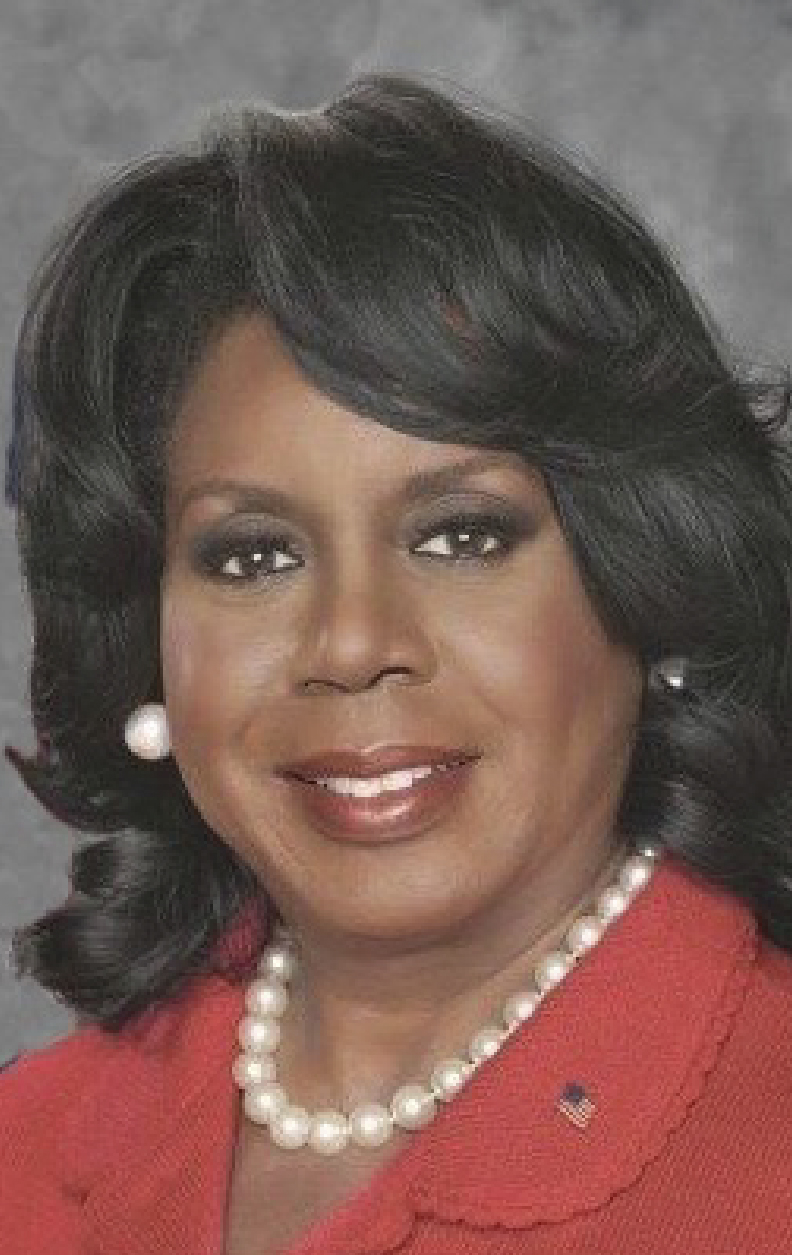 |
DOROTHY BROWN |
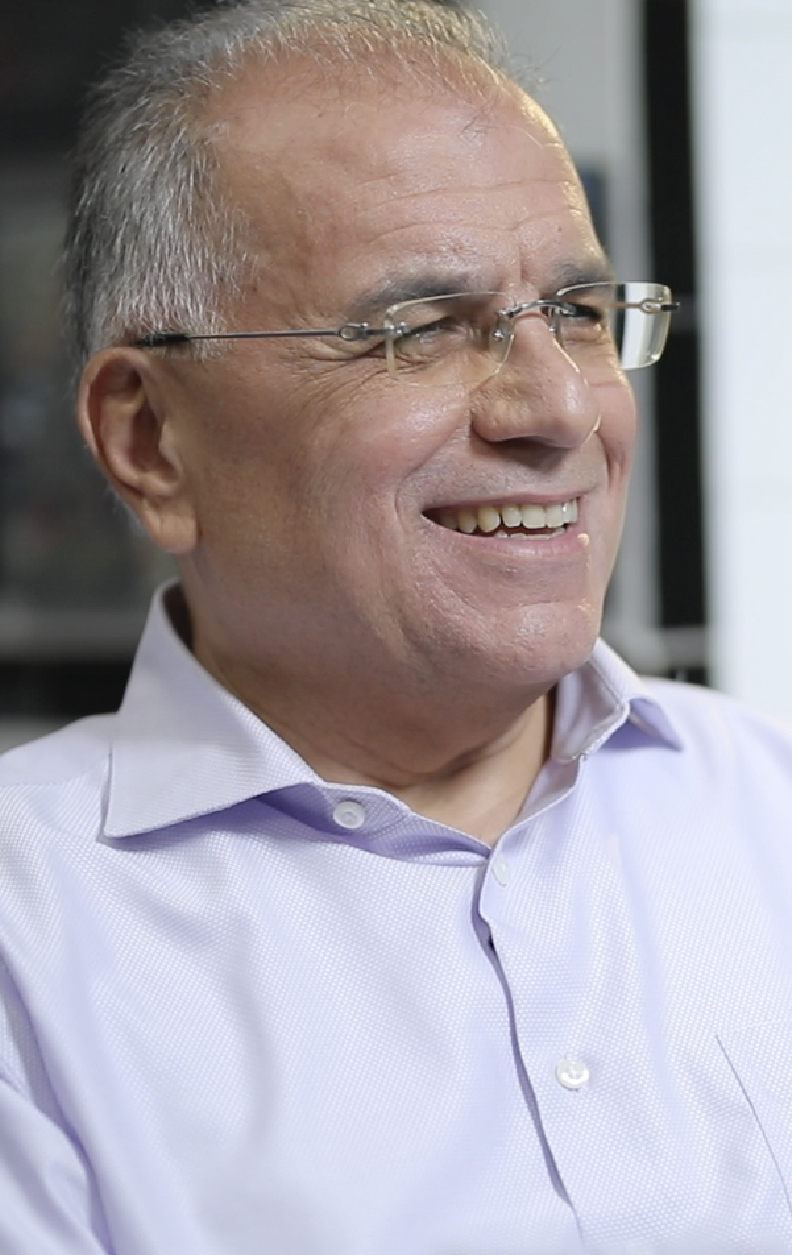 |
GERY CHICO |
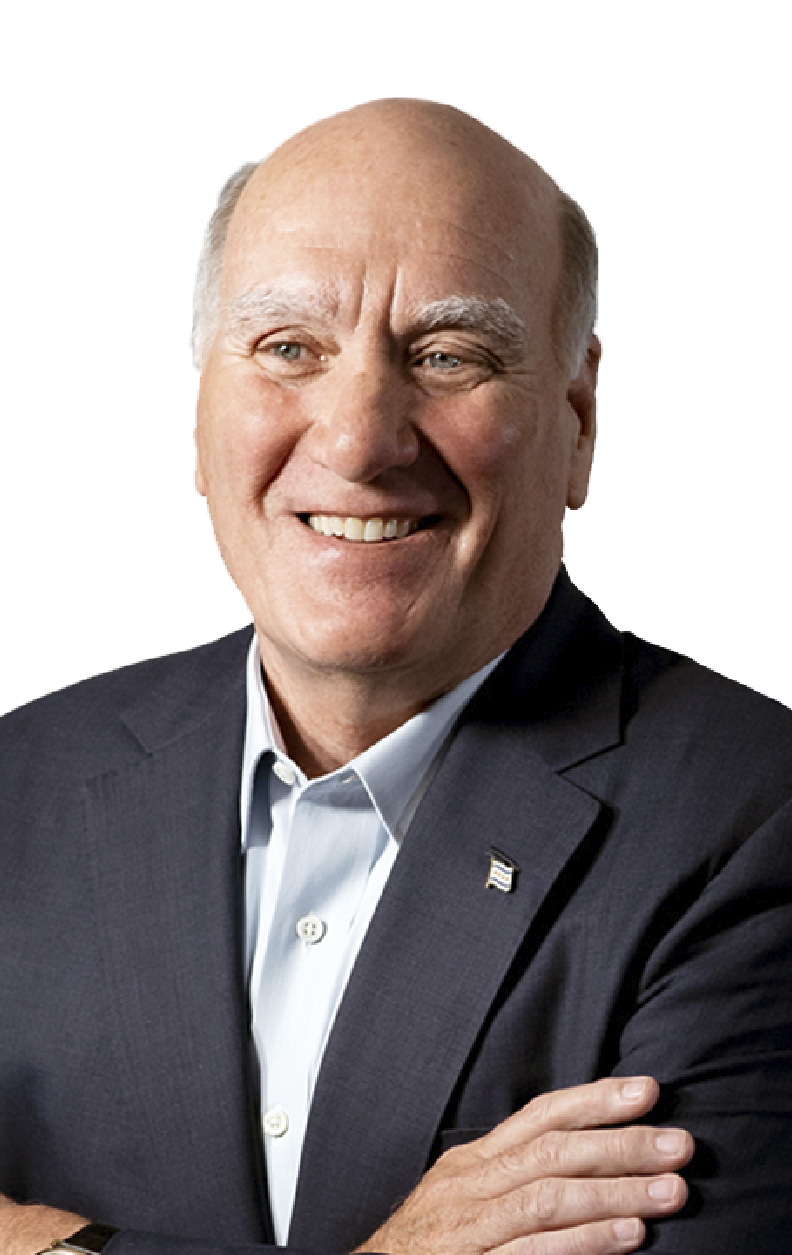 |
BILL DALEY |
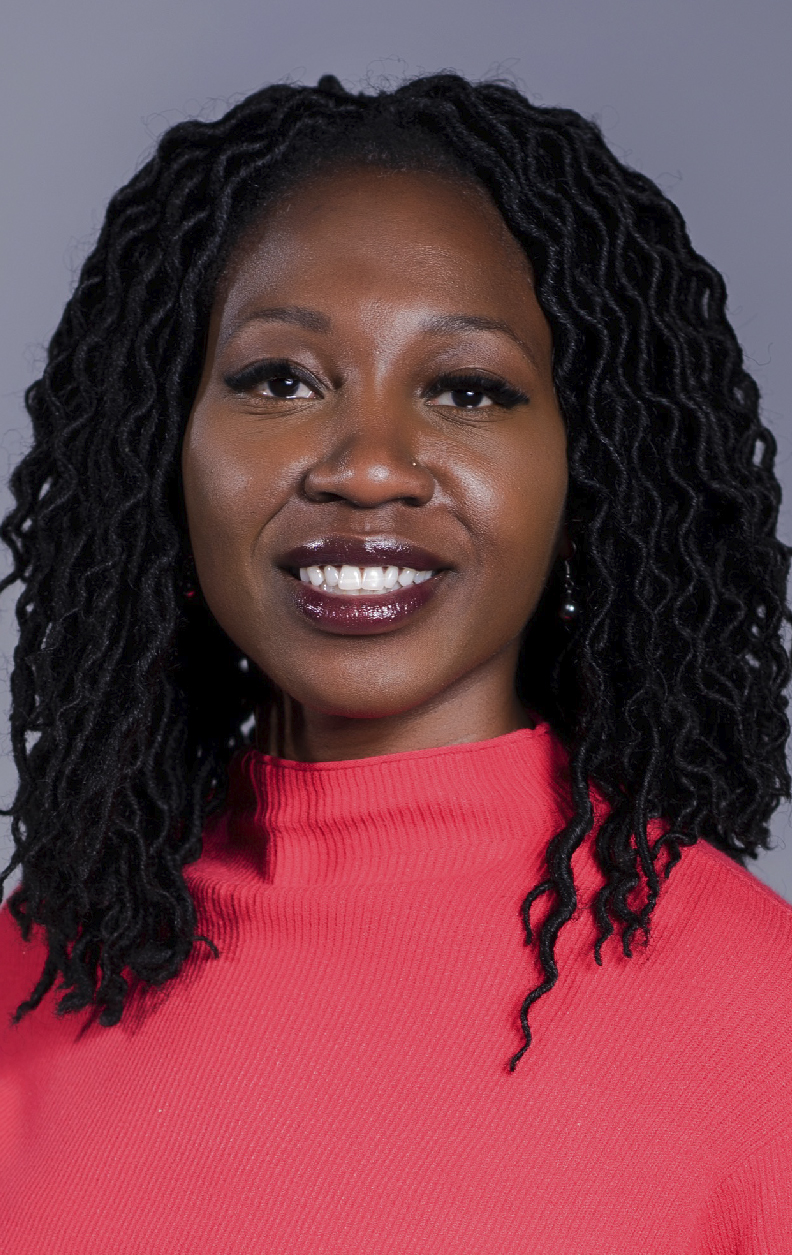 |
AMARA ENYIA |
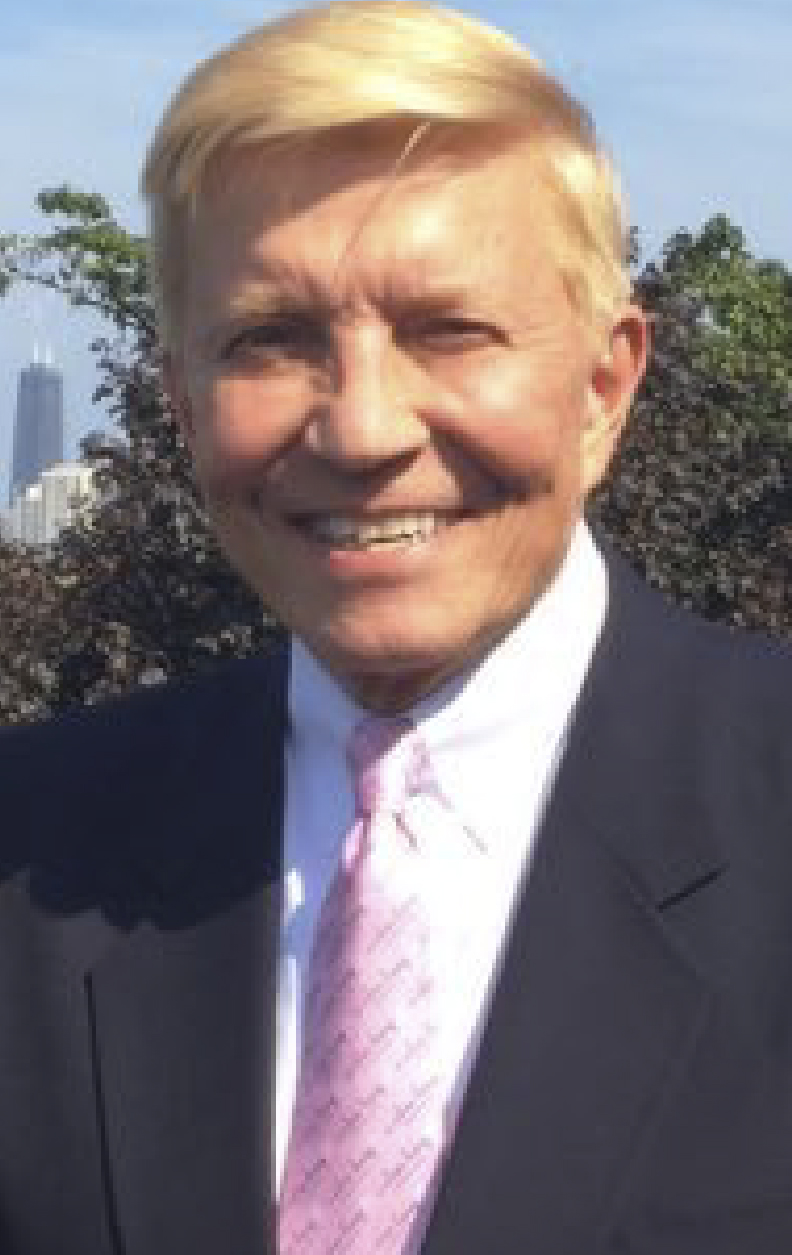 |
BOB FIORETTI |
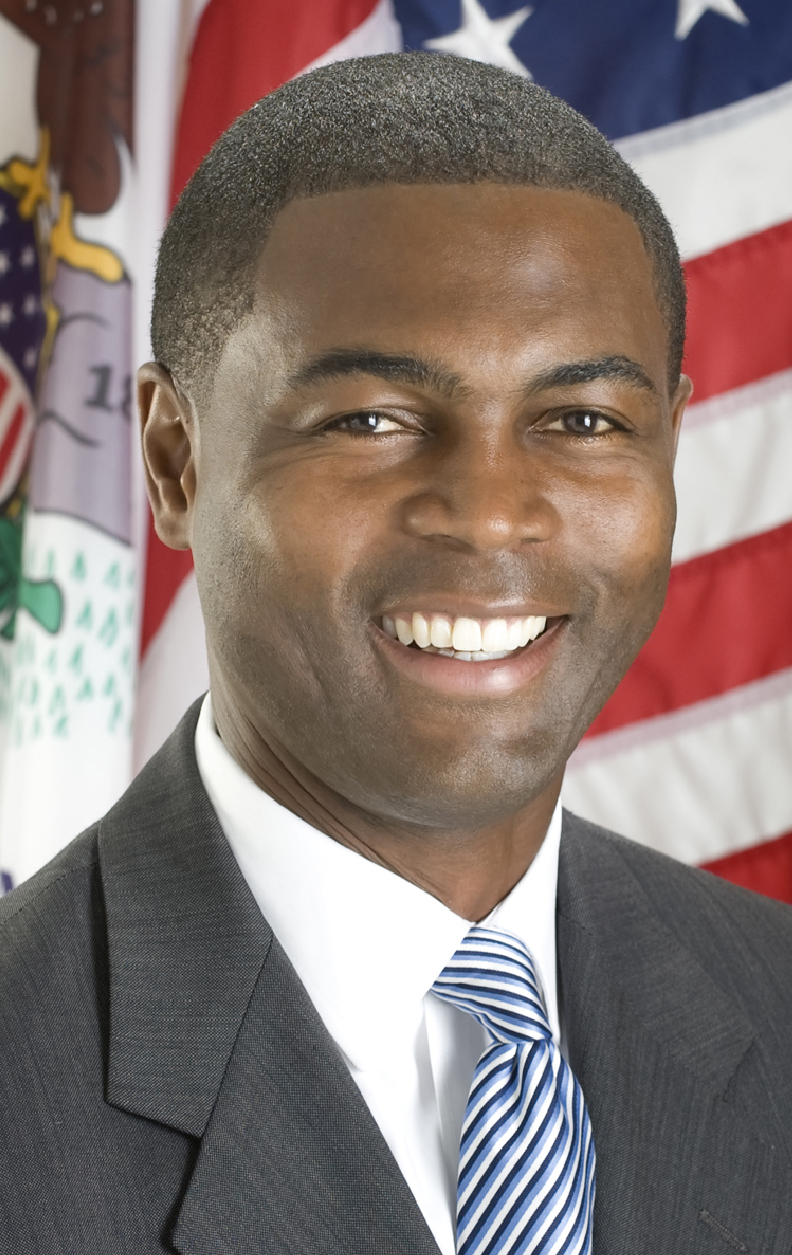 |
LA SHAWN FORD |
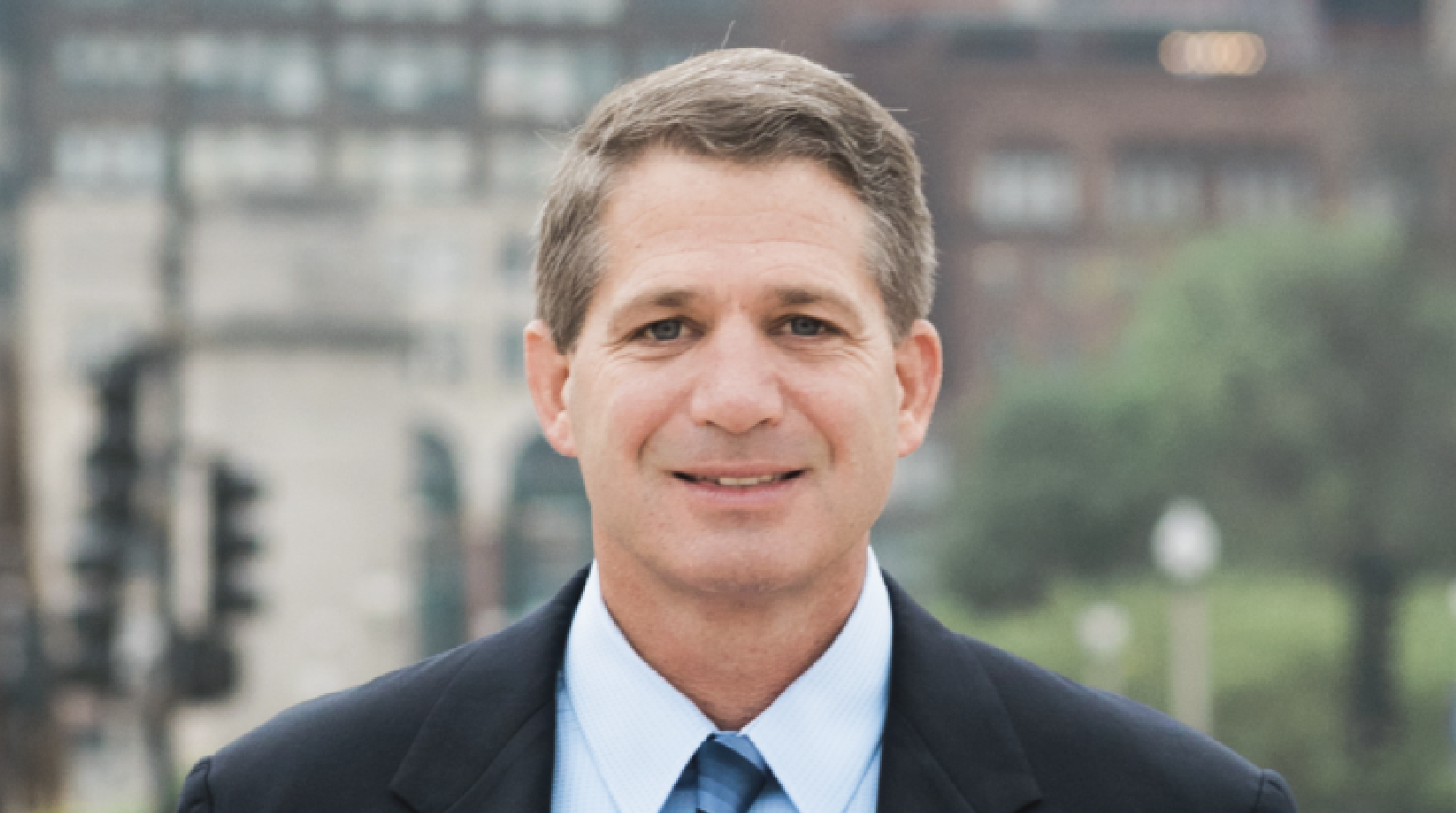 |
JERRY JOYCE |
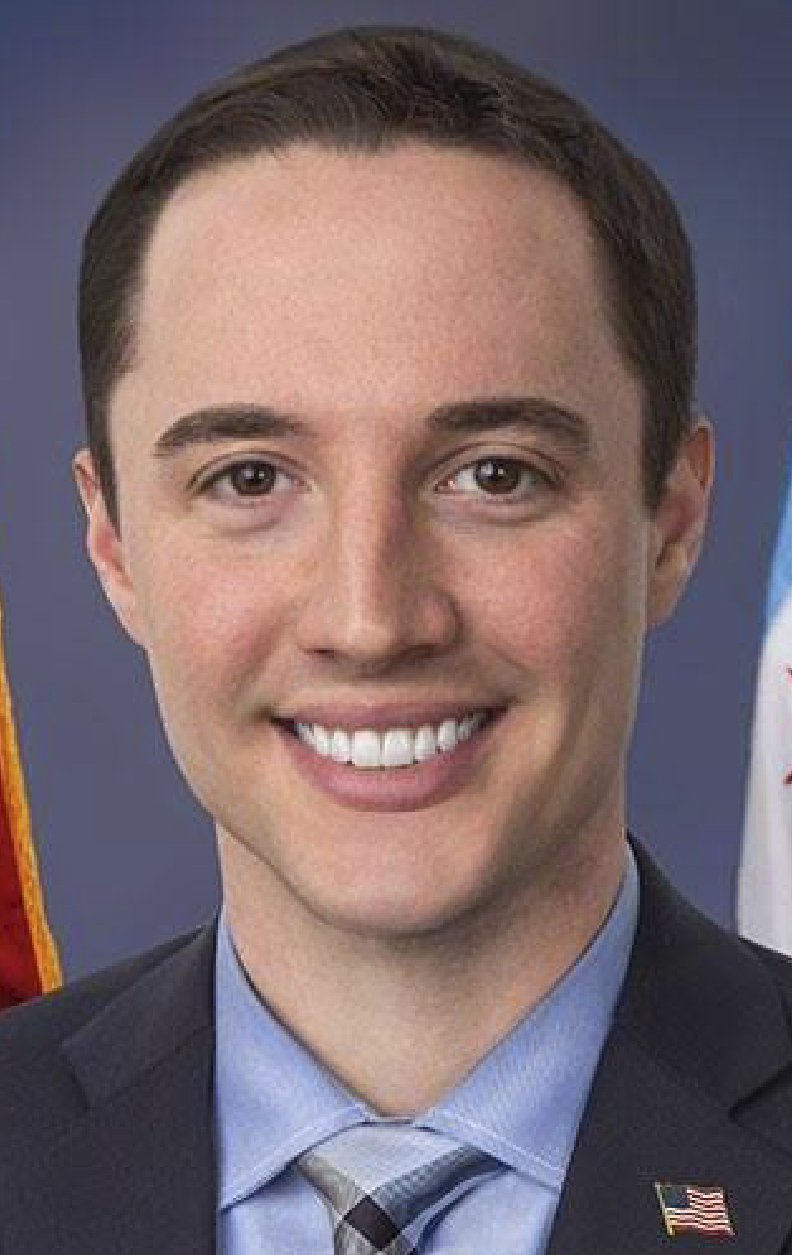 |
JOHN KOZLAR |
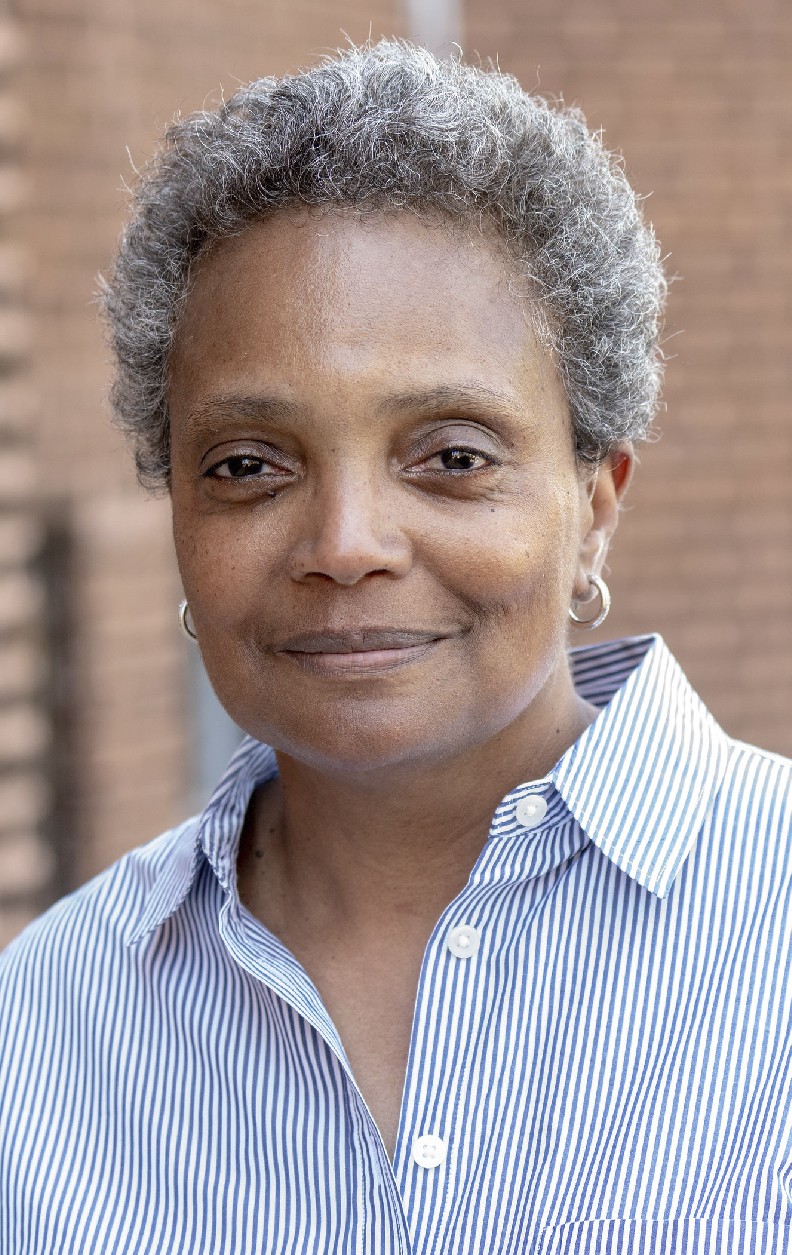 |
LORI LIGHTFOOT |
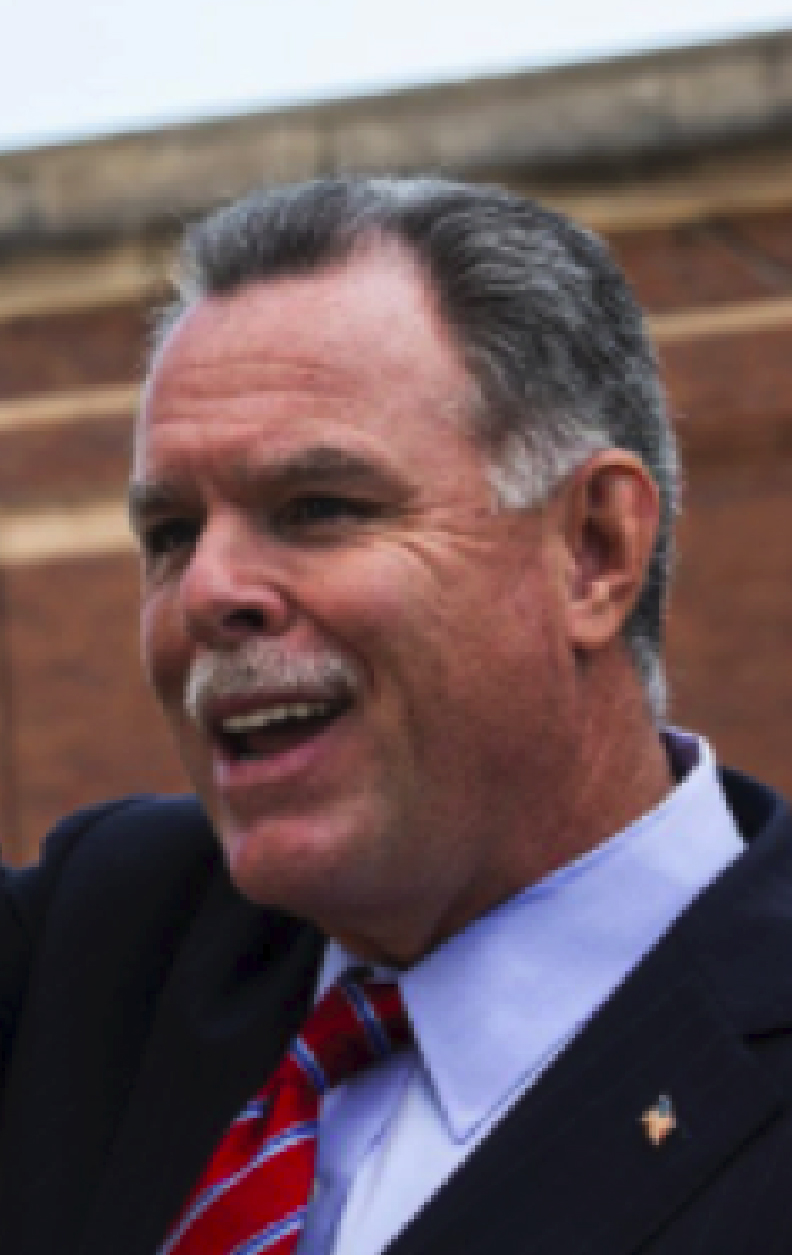 |
GARRY McCARTHY |
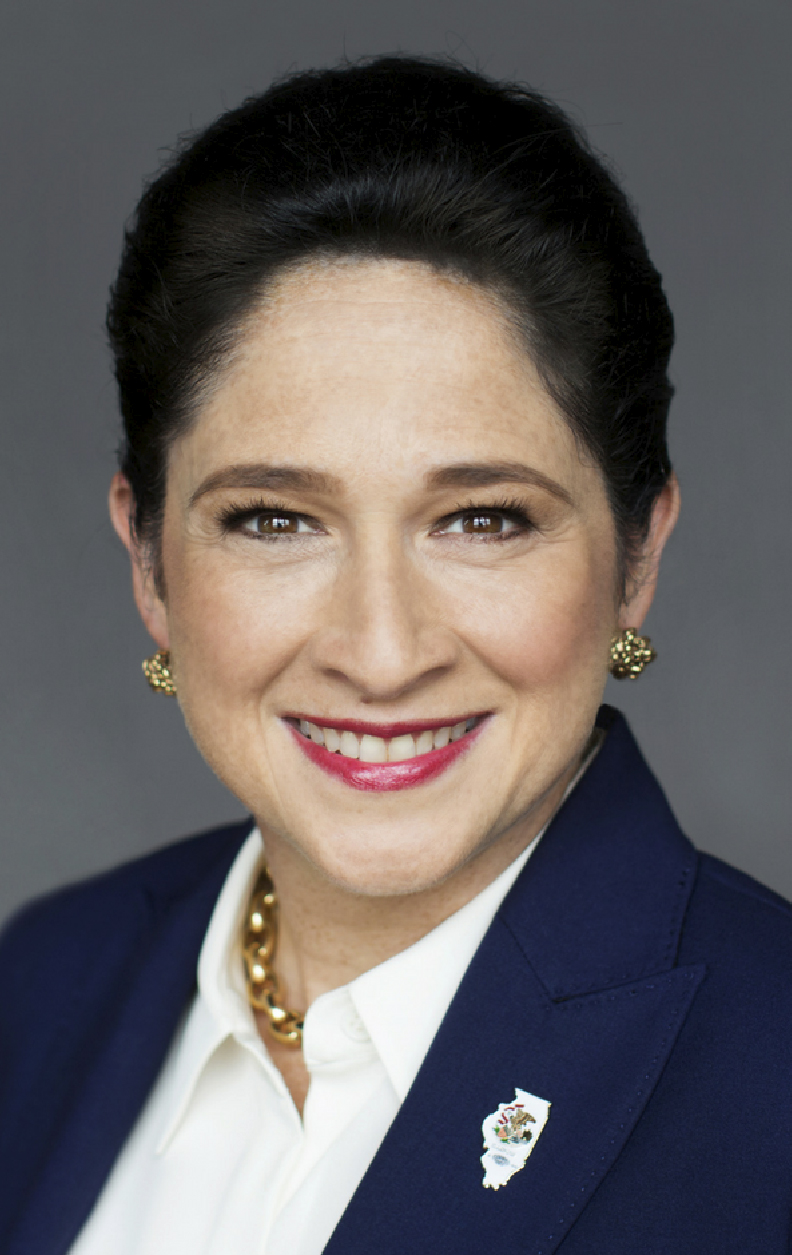 |
SUSANA MENDOZA |
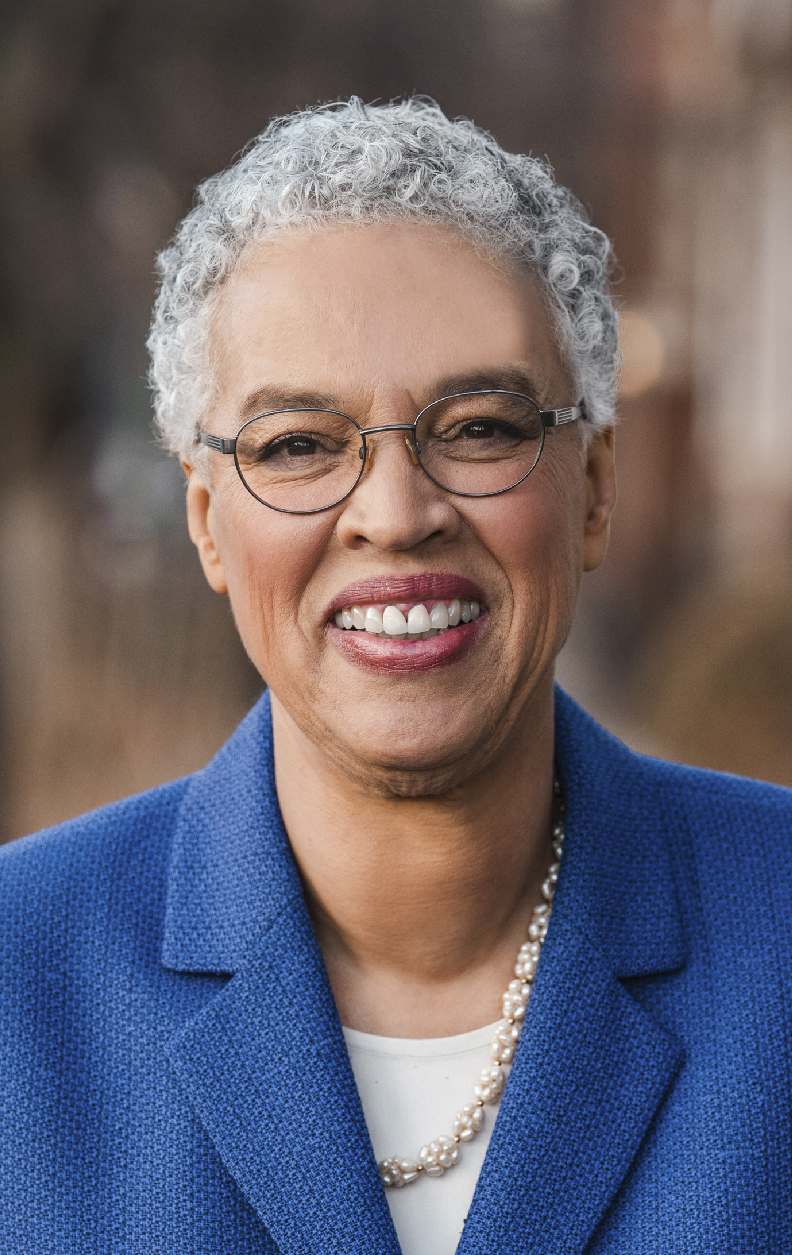 |
TONI PRECKWINKLE |
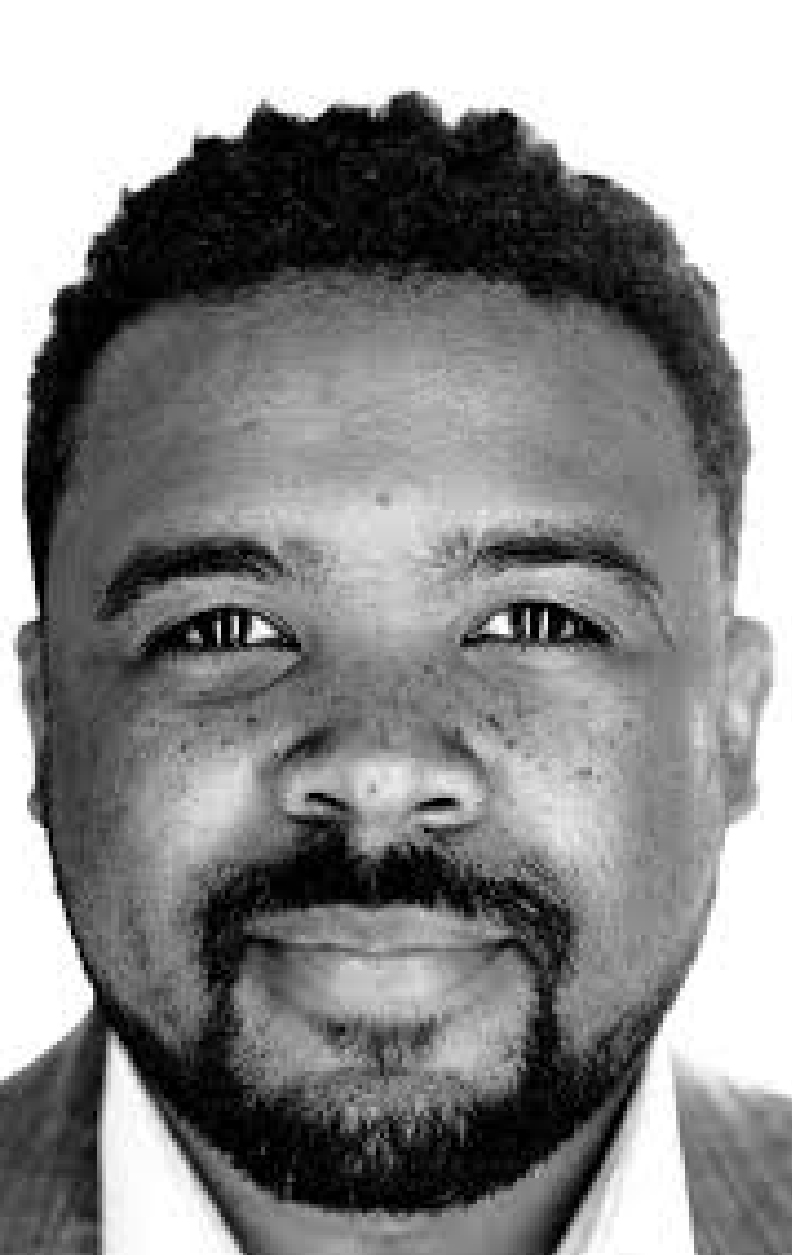 |
NEAL SALES-GRIFFIN |
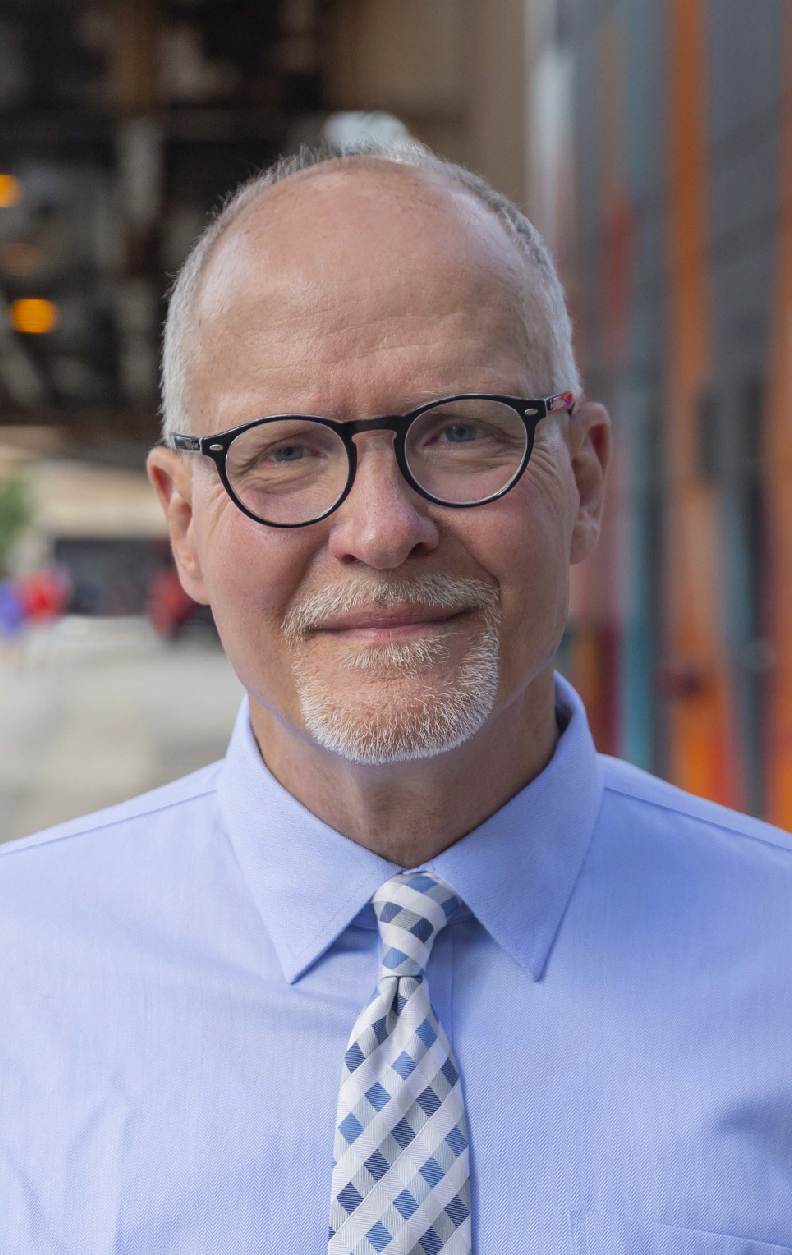 |
PAUL VALLAS |
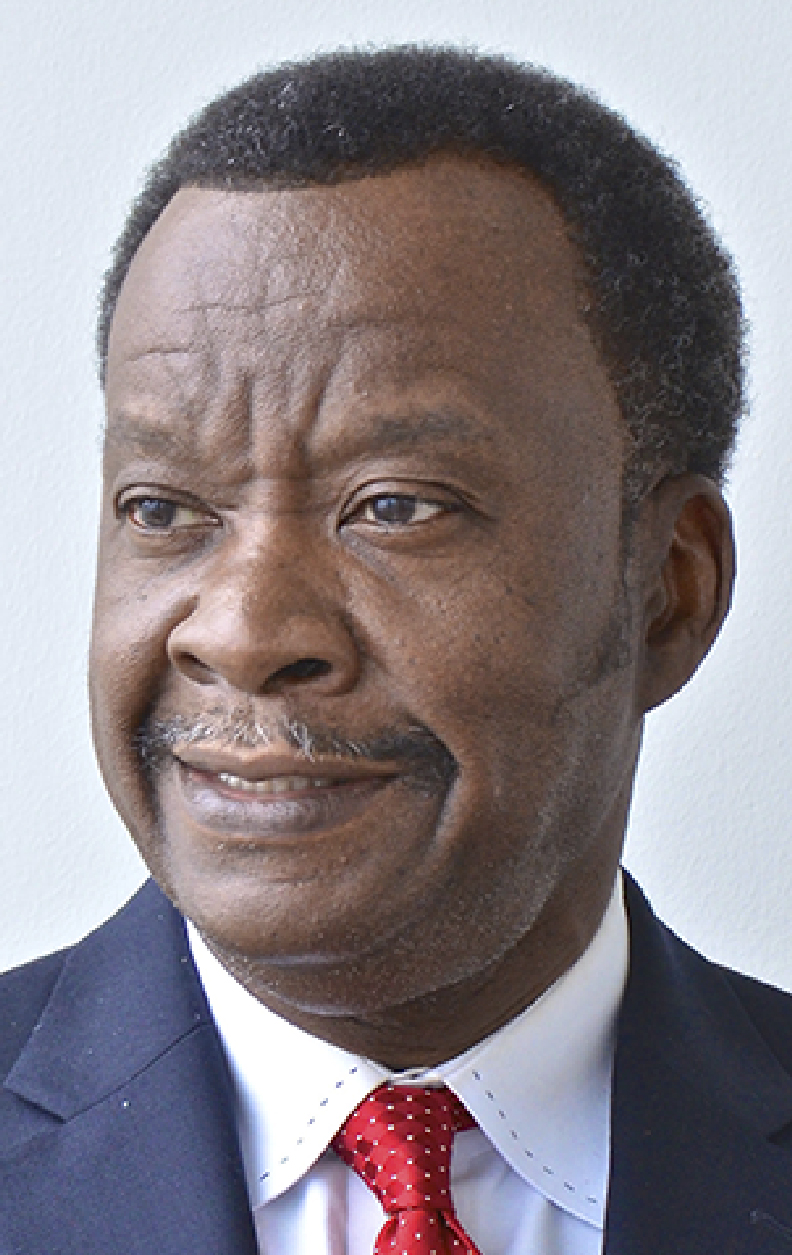 |
WILLIE WILSON |

1. TRANSGENDER HEALTH CARE
In December, the CTA updated its insurance policy to cover transition related surgeries for transgender employees, as required by law.
Would you ensure that every City agency and private city-contractor has a policy that covers transition related healthcare and prohibits discrimination against employees who are transgender? If yes, please explain how you would implement this legal requirement in your first year in office.
2. LGBTQ & POLICE
Members of the LGBTQ community, especially individuals who are transgender, intersex, and gender-nonconforming, and who come from communities of color, report experiencing high incidents of violence and harassment from law enforcement, which erodes trust, and leads to a fear of law enforcement.
Will you pledge to work with the LGBTQ community to update CPD policies that would reduce violence and harassment, and increase trust between the transgender, intersex and gender-nonconforming community and the CPD? If yes, please describe the elements of an updated policy that would reduce the violence and harassment faced by the LGBTQ community.
3. RELIGIOUSLY AFFILIATED HEALTH CARE
Religiously-mandated restrictions – such as the Ethical and Religious Directives for Catholic Health Care Services (ERDs) – tie the hands of health care providers at religiously-affiliated institutions by prohibiting a wide range of services, including contraception and other types of essential reproductive health care. Patients are harmed when religious restrictions require that their health care providers deny them basic health care services or withhold full information from them.
Will you oppose the extension of TIF and other taxpayer-funded resources to expand and advance health care institutions that deny comprehensive reproductive health care services and information on the bases of religiously-mandated restrictions?
4. BREASTFEEDING IN CHICAGO
A breastfeeding parent who is not able to regularly nurse or express breast milk through pumping is likely to experience pain, discomfort, and engorgement, and may be at risk for possible infection and/or a reduction in the amount of breast milk produced.
Will your administration insure that every municipal building and office is accessible for breastfeeding parents, including a private, non-restroom space for parents who need to pump breast milk and provide staff training on the rights of breast-feeding parents?
5. POLICE REFORM
In September, the City committed to reform the CPD by signing an agreement with the State of Illinois.
Do you support the consent decree between the City and the Illinois Attorney General designed to reform the CPD? What three steps would you take immediately upon taking office to ensure that the decree is effectively implemented?
6. CHANGES TO CPD
Are there any elements of the consent decree that you would want to change? If so, what changes would you make?
7. POLICE CONTRACTS
If new contracts have not been negotiated by the time you enter office, what changes would you demand in a new FOP contract in order to advance the police reform process? Do you support the 14 recommendations promoted by the Coalition for Police Contracts Accountability?
8. LICENSE SUSPENSION
Suspension of a person’s drivers license for unpaid tickets is currently being used as a debt collection tool. Tickets often go unpaid simply because people lack the financial resources to pay tickets on time. For these individuals, license suspensions only make matters worse. Many Chicagoans need to drive for their jobs, and even many non-driving jobs still require employees to have a valid driver’s license.
Will you support ending the use of driver’s license suspension as a penalty for non-moving violations, including unpaid parking and compliance tickets? What concrete policy changes will you initiate or support?
9. PARKING TICKET DEBT
Implementing “ability to pay” hearings and affordable payment plan terms would benefit low-income Chicago residents by allowing them to keep driving legally and avoid having their cars towed or booted.
Will you support creating a citywide process to determine a person’s ability to pay fines and fees, and adopting standards to ensure that payment plans for people who owe ticket debt must be affordable and accessible?
10. WELCOMING IMMIGRANTS
Chicago prides itself on being a welcoming city for immigrants, newcomers and asylum-seekers. The current policy that the City is defending against a challenge by the Trump Administration is considered inadequate by many, since the policy allows someone to be reported to ICE if they have a prior felony conviction, a criminal warrant, a pending felony prosecution, or they are on the City’s gang database – a database that is notoriously inaccurate.
Will your administration support closing the loopholes listed above, in the Chicago Welcoming City Ordinance?
11. TRANSPARENCY IN GOVERNMENT
Open, transparent government is a critical value in our system of government. Over the past several years, the City has refused to release material about important public policy matters, even when requested through the Freedom of Information Act process. Such denials have led to litigation and delays in releasing information to the public.
Will your administration commit to ensuring that city, and all of its agencies, promptly and completely respond to FOIA requests? How will you act to implement your commitment?
12. SURVEILLANCE CAMERAS
As one of the most surveilled cities in the world, Chicago collects vast amounts of sensitive information about its residents every day. The city employs an extensive, unchecked, surveillance camera system that is utilized by an unknown number of agencies, including CPD.
What specific steps would your administration take to limit and regulate the use, and how will you ensure that the public knows how these systems work, and what technology is being utilized?
13. FACIAL RECOGNITION
The use of facial recognition technologies by law enforcement has been criticized because those systems have been shown to be susceptible to discrimination and bias.
What steps would your administration take to limit and regulate the use of facial recognition technologies by law enforcement and private businesses? How would your administration generally support or oppose the use of facial recognition technology in Chicago?
14. SURVEILLANCE DATABASES
Do you believe in using civilian oversight to ensure transparency and accountability for police practices, including the use of automated and surveillance technologies for law enforcement decision-making? How would you incorporate civilian oversight and ensure transparency in CPD’s use of automated and surveillance technology?
